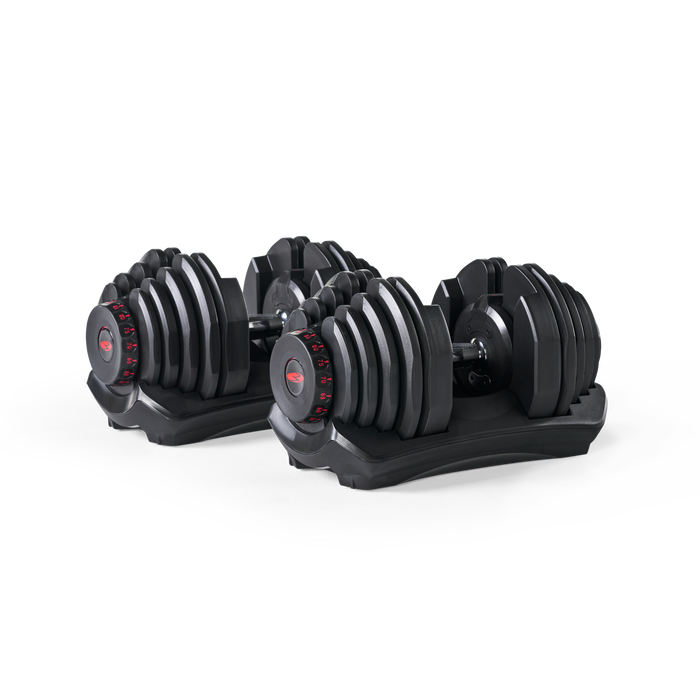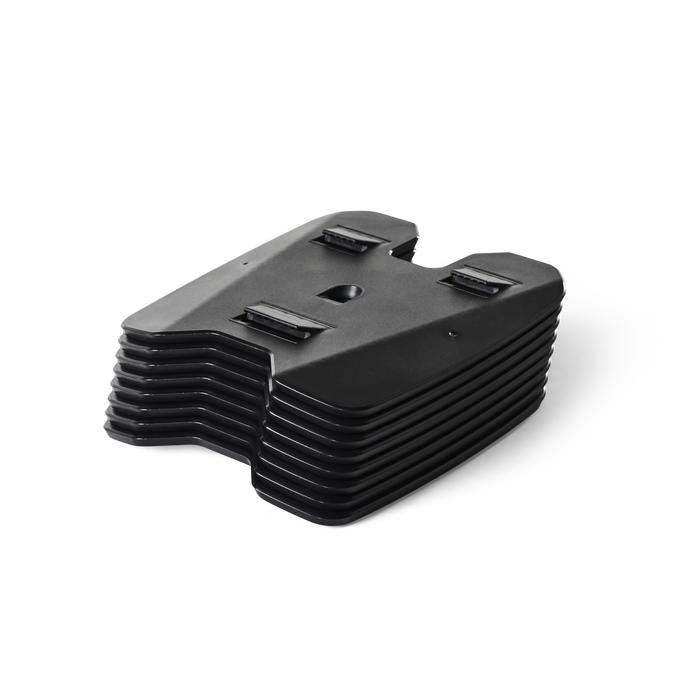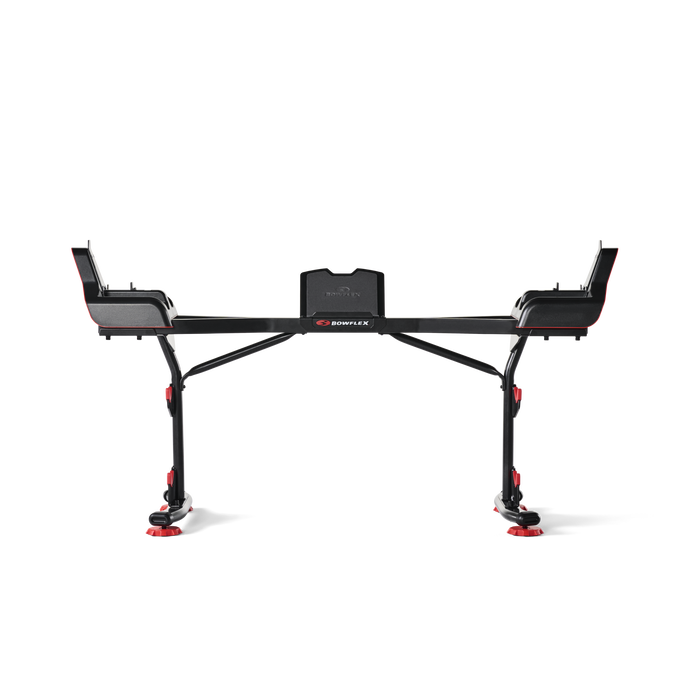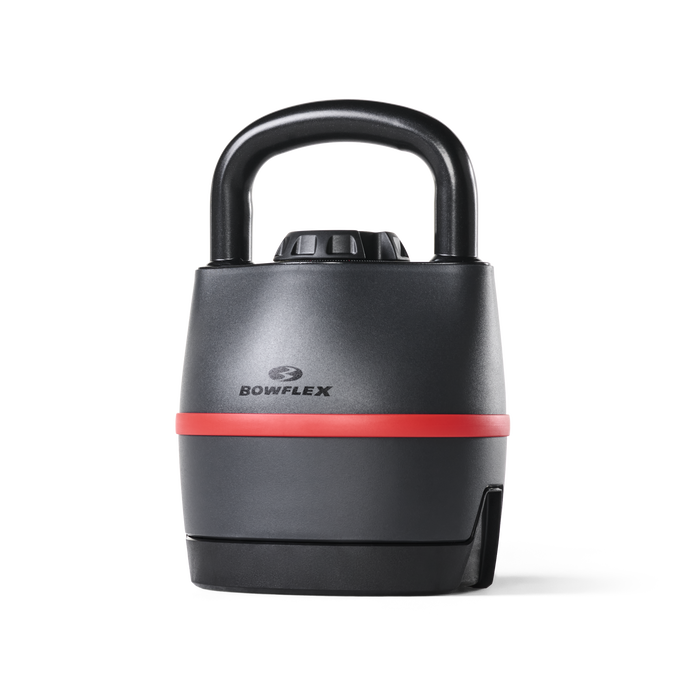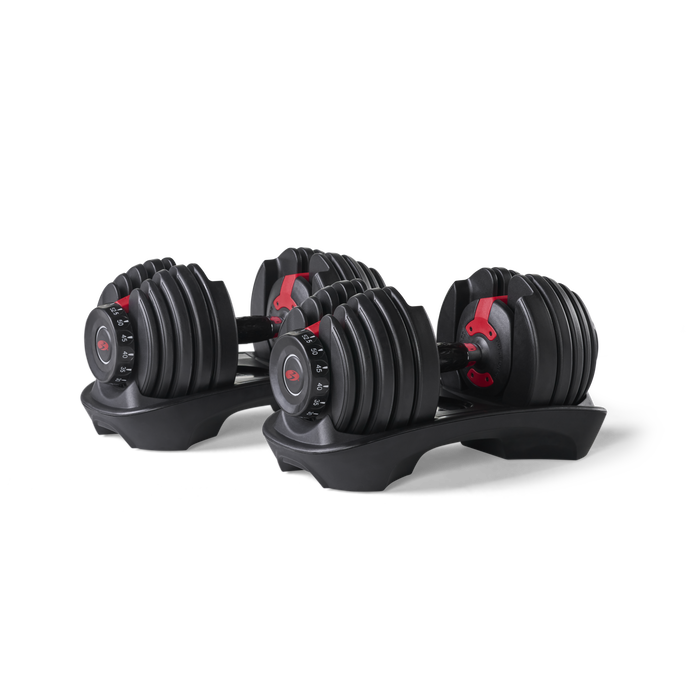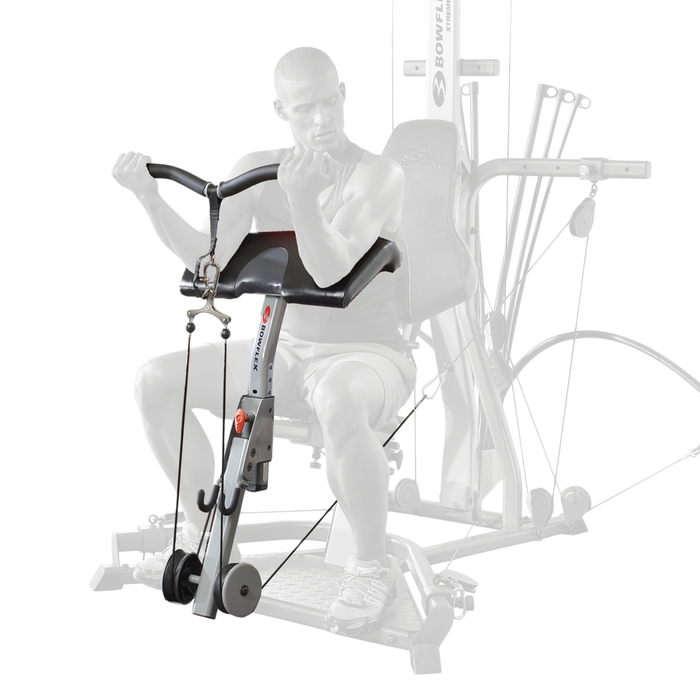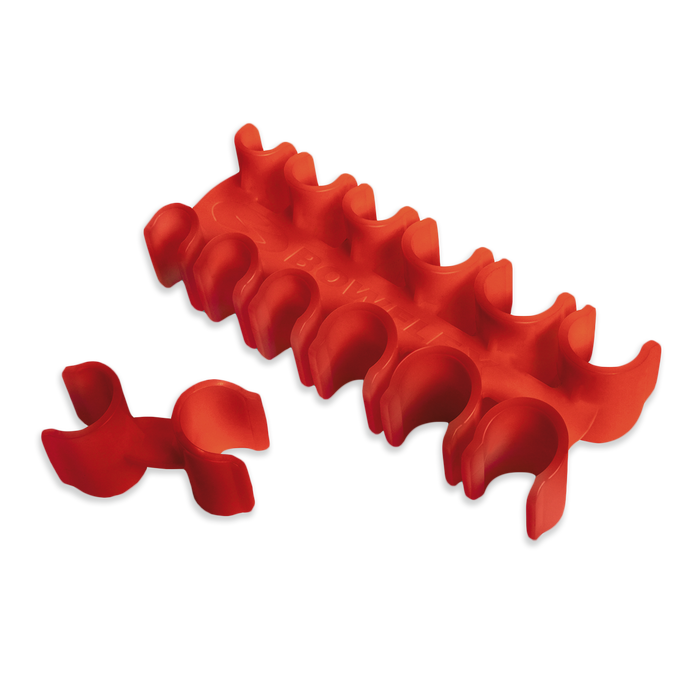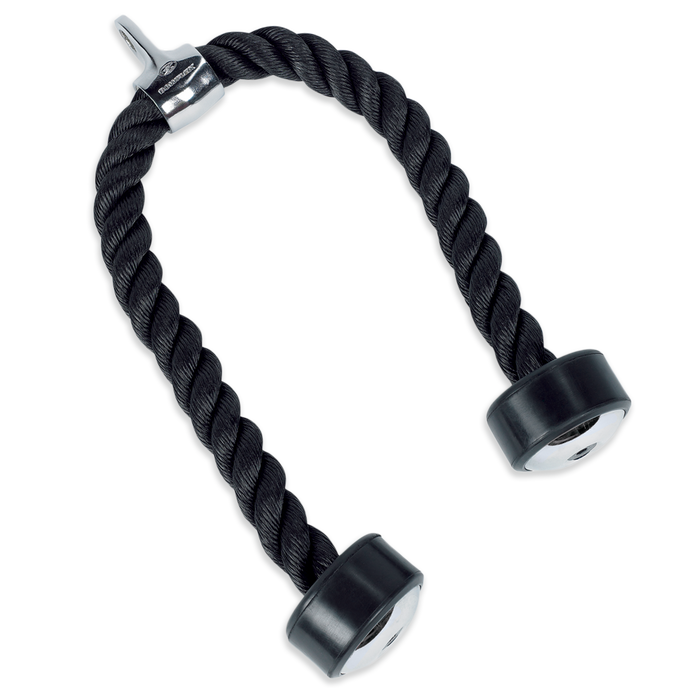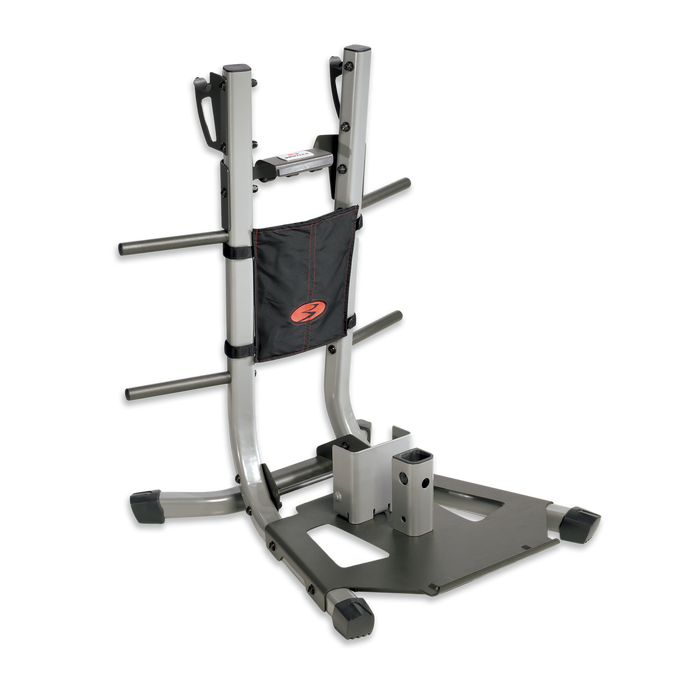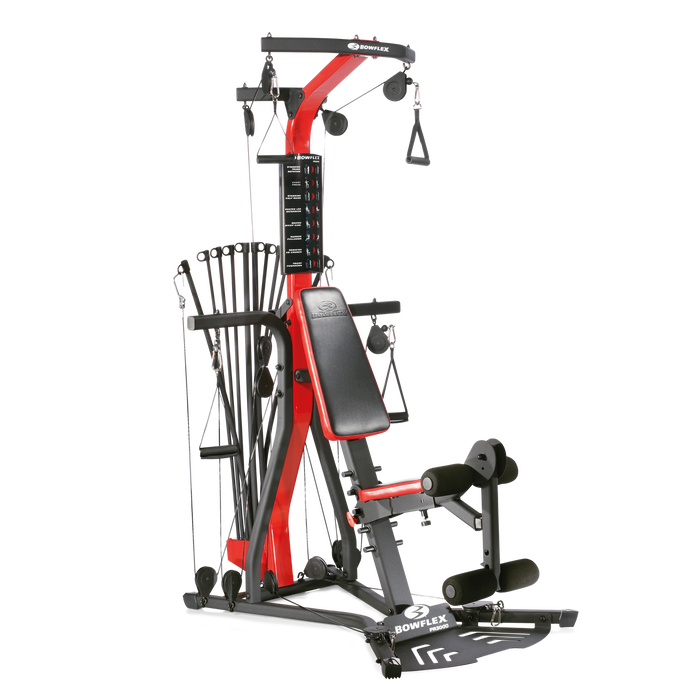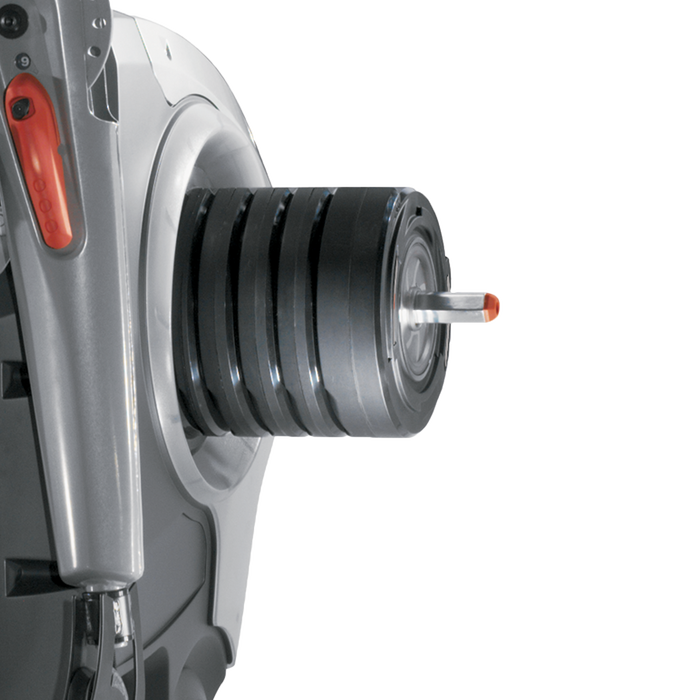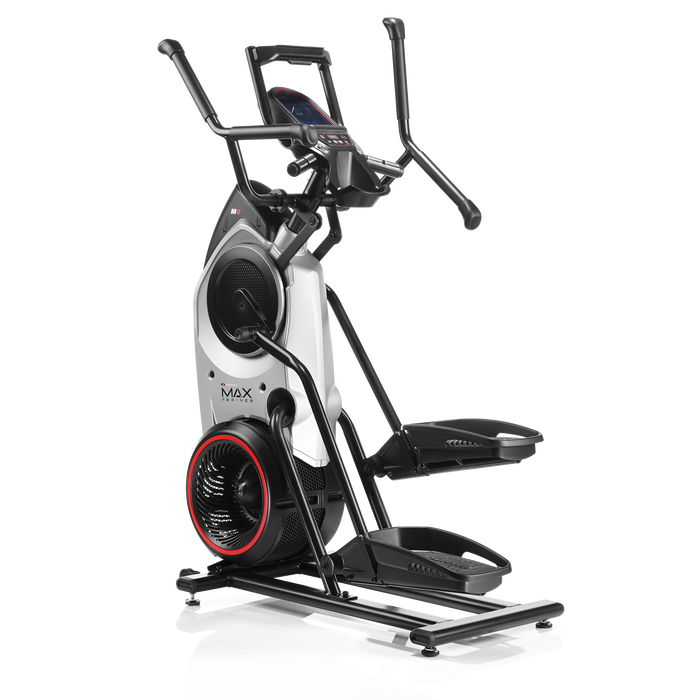Seasonal Allergies or Cold? How to Tell the Difference

September can be a miserable month if, like me, you have seasonal allergies. This is also the month when kids go back to school and spread their germs, causing lots of colds. How do you tell apart allergies from a cold? And what can you do for relief?
Allergies
Gusts of wind in the fall help to cool temperatures... and spread weeds (like ragweed) and pollens from trees through the air across longer distances. Allergies can also be caused by pet dander and dust.
Symptoms include: Itchy eyes, runny nose, sneezing, congestion, sore throat, and/or headaches.
Duration: Allergies can last several weeks or longer.
Common treatments: Over the counter antihistamine medications. It also can help to drink water (keeping your nose hydrated) and saline solution eye drops. See a doctor if you have trouble breathing, a rash, or swelling in your mouth.
Prevention tips:
- Check weather reports for pollen and stay indoors, if possible, on high count days.
- If you've been outside, shower and change your clothes.
- Avoid grassy areas.
- To reduce dust mites, consider tile, wood, or vinyl instead of carpet.
- Vacuum or wash cushions, plush toys, and curtains.
- Wash your pets weekly.
- Consider using an air filter in rooms where you spend a lot of time.

Common Cold
Unlike allergies caused by pollen or dander, colds are infections caused by a virus.
Symptoms include: Runny noses (but sometimes the mucus is thicker than with allergies), fever, aches and pains, chills, and coughing. There are over 200 types of colds, so symptoms might change depending on which virus you have. Unlike with allergies (where the symptoms are consistent) symptoms of a cold might start with a fever then switch to a sore throat three days later.
Duration: A cold typically lasts 7 to 10 days.
Common treatments: There is no cure for a cold but drinking lots of fluids and taking over-the-counter medications may help reduce symptoms. If your temperature rises above 101 degrees and/or your symptoms last more than a week, call your doctor because it might be the flu or some other illness.
Prevention tips:
- Wash your hands with soap and water.
- Stay away from people who are sick.
- Stay home when you are sick.
- Avoid touching your mouth, nose, or eyes.
Stay healthy!
You may also like:
Healthy Eating and Living Simplified

